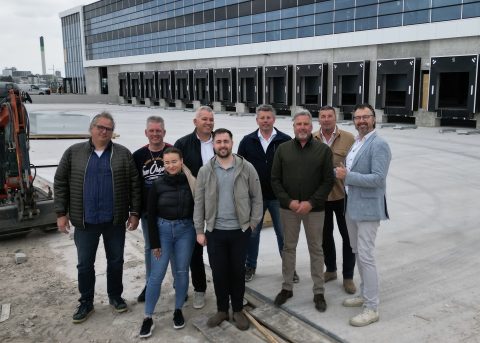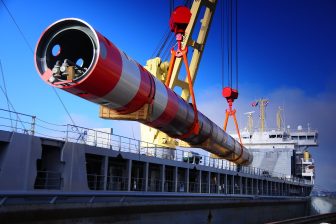
Trio joins forces on reducing logistics chain emissions
Photo L to R: Johan Glasbergen (Koninklijke Van der Wees), Leon Hulleman (BTS Logistics), Sharon Pikaar(BTS Logistics) ,Reinier Velding (BTS Logistics) , Milo Troch(BTS Logistics), Henri Honkoop (Contargo Waterway Logistics), Rolf Maliepaard(Koninklijke Van der Wees),Ron de Bruin (BTS Logistics), Mark Van den Berg (Koninklijke Van der Wees) Koninklijke Van der Wees)
Three companies, BTS Logistics, Contargo Waterway Logistics and Royal Van der Wees, have joined forces to push forward sustainable transport solutions and reduce CO2 emissions of the logistics chain. The three companies have agreed to collaborate on logistics transhipment and supply of containers by inland shipping.
Want to read more?
You have read all of your free premium articles for this month. Please become a subscriber to keep reading.
Subscribe now!
Take advantage of our exclusive offer to get full access to all premium content.




